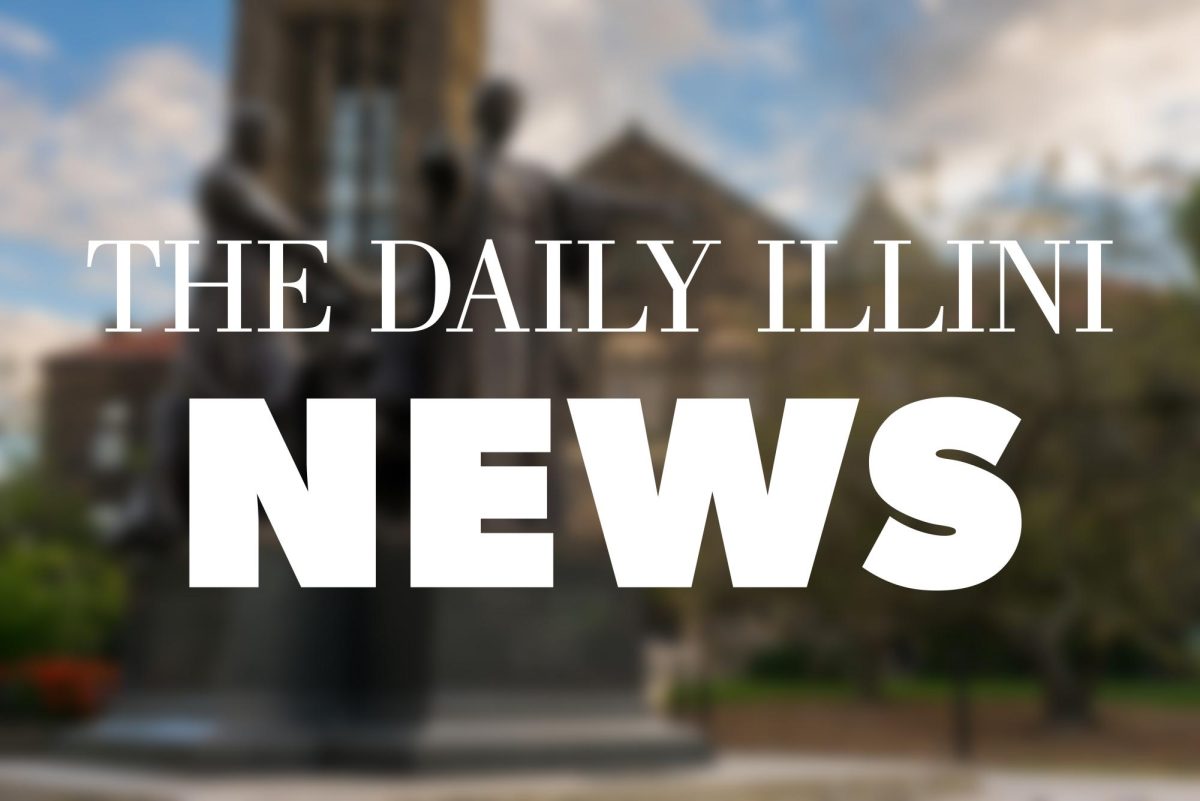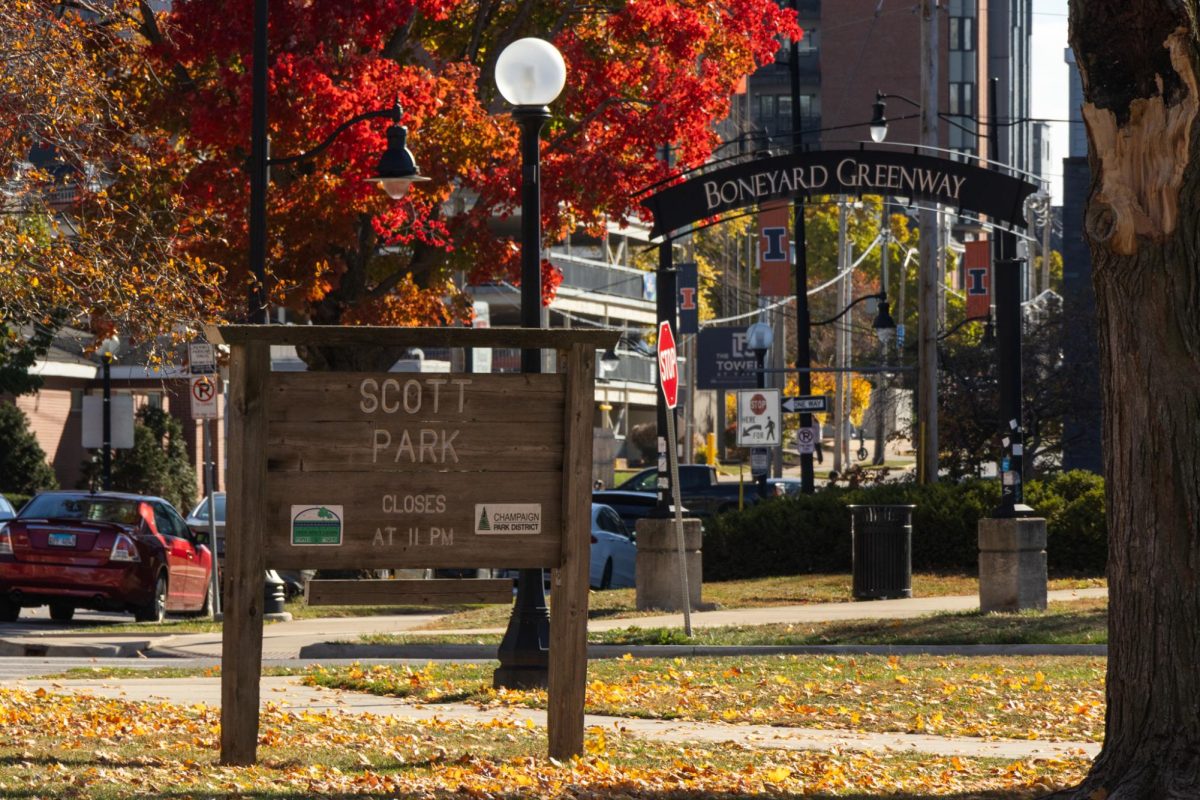The Urbana City Council met on Monday for its weekly meeting, continuing the meeting on Tuesday. The meeting began with public and committee input and focused on several ordinances.
The first ordinance deliberated by the council was an ordinance amending the Urbana zoning map.
On June 6, the city’s Plan Commission forwarded the case to the Urbana City Council with a recommendation to approve the request to rezone portions of the city. It was requested that this ordinance be placed on the council’s consent agenda for next week’s meeting. This motion was passed.
The second ordinance called for a redistricting of the wards of the city of Urbana. If passed, this proposed ward map would become the official ward map used by the city for next spring’s election.
“City council ward boundaries had to be adjusted to reflect the 2020 census count that’s required to rebalance the population among the seven city council wards,” the council stated.
Get The Daily Illini in your inbox!
The public was invited to submit ward maps and participate in the process. Compactness and minority representation were considered in the criteria when adjusting the ward map to the public’s preference.
The redistricting motion was moved to the city council’s regular agenda for approval.
A proposal revising the annual budget ordinance was also discussed by the council, which includes separating allocations in the budget for individual fire stations to facilitate management and track spending related to each station.
The budget ordinance proposal also calls for an increase in the funding for the Sanitary Sewer Project, with the funds to be used for payment of sewer lateral reimbursements, which reimburse property owners for replacing their pavement and sewer systems through outside contractors. This ordinance was also moved to the regular agenda for city council deliberation.
Additionally, a separate ordinance approving the fiscal year 2024-2025 budget was passed unanimously.
A proposal for the authorization of a municipal electric aggregation agreement followed the discussion of previous ordinances.
Municipal electric aggregation is the bulk purchase with other agency partners of electric supply for residential and small commercial accounts within the city. It secures a fixed unit supply cost for electrical service – typically 50-70% of the electrical portion of a resident’s bill.
“The city has experienced annual losses and cumulative program losses at various instances,” Scott Tess, environmental sustainability manager for the city of Urbana said. “Long-term, it has been a successful program to date with a cumulative savings projected over $1 million at the end of this year.”
The proposal requested council direction to define guidelines forwhen the council will support entering into subsequent municipal electric aggregation agreements.
The city council meeting concluded with council input.







